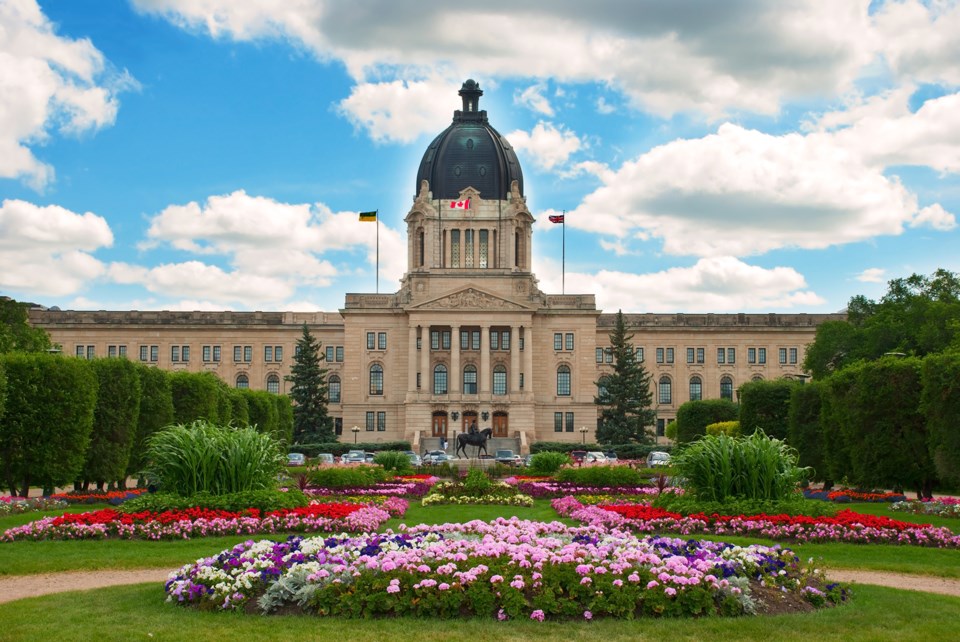REGINA — A Saskatchewan-made constitutional amendment that would close a 140-year-old loophole that gives Canadian Pacific Railway (CPR) massive tax exemptions is closer to reality now that the bill is in the Senate.
In a rare display of co-operation, members of the Saskatchewan Legislative Assembly unanimously passed a motion on Nov. 29, 2021, to amend The Saskatchewan Act via the Canadian Constitution. The amendment would change section 24 of the Act, retroactive to Aug. 29, 1966, which exempts CP Rail from paying several Saskatchewan taxes.
“As a matter of tax policy and business competitiveness, repealing Section 24 will level the playing field for all businesses while supporting Saskatchewan’s autonomy and cementing its place as an equal partner in Confederation,” the provincial government said.
The provisions in the Act for taxation requirements have not been amended since the document was enacted in 1905.
This loophole was informally closed in a handshake deal in 1966 when the company began paying taxes in exchange for federal regulatory changes affecting its operations. CP Rail is now suing Saskatchewan for $341 million in refunds, citing the 1880 agreement that exempted the railway from paying provincial taxes.
In the federal House of Commons on Feb. 9, MPs voted unanimously in favour of the amendment in another sign of rare co-operation. The amendment is now in the Senate for debate; if few or no changes are suggested, then the Governor General could proclaim it into law.
Saskatchewan NDP MLA Trent Wotherspoon was pleased that all federal parties agreed to unanimously support the amendment, considering it is a “unique and cool piece” that helps the province.
“From my perspective, as a member of the Official Opposition in Saskatchewan, I’m real happy to have been part of initiating this amendment and working with government ministers and members to make that happen in the Saskatchewan legislature … ,” he said.
This issue addresses jurisdictional inequalities of Saskatchewan’s place in Confederation, specifically, about the purported powers of taxation within the Constitution, he continued. Saskatchewan is treated differently than the founding provinces with limits on taxation, so the amendment clarifies large corporations paying taxes and fairness for people and businesses here.
Wotherspoon and colleague Nicole Saurer approached the justice and finance ministers in the fall, urging the province to act on this issue, he explained. Both committed to working constructively with the Sask. Party to pass this amendment.
They then reached out to the leaders and respective critics of Canada’s federal parties about this issue and made the case about why this change was important to Saskatchewan.
“It was wonderful to see it pass (Feb. 9) unanimously in the House of Commons. This is a good news story for Saskatchewan and an example of folks working across party lines toward something that’s really important for our province … ,” he said, noting he was grateful for the support that academics Howard Leeson and Merrilee Rasmussen provided in crafting the amendment.
“We’re making a bit of history here because if the Constitution is amended — as is the indication at this point — this would be the first time in our history that the Constitution would be amended with a motion that originates from the Saskatchewan legislature.”




